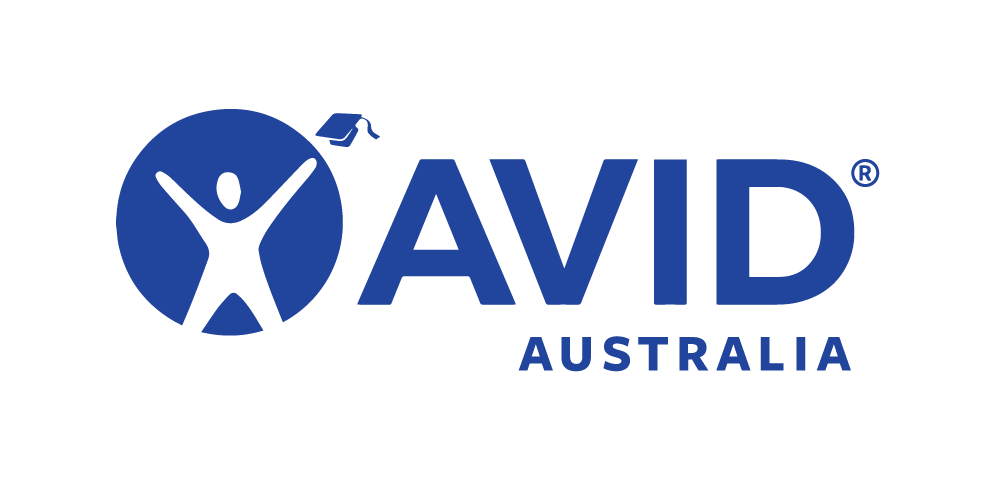Term 1
Unit of Study: Year 7 – Civics and Citizenship
The Year 7 curriculum provides a study of the key features of Australia’s system of government and explores how this system aims to protect all Australians. Students examine the Australian Constitution and how its features, principles and values shape Australia’s democracy. They look at how the rights of individuals are protected through the justice system. Students also explore how Australia’s secular system of government supports a diverse society with shared values.
Key Focus Questions:
- How is Australia’s system of democratic government shaped by the Constitution?
- What principles of justice help to protect the individual’s rights to justice in Australia’s system of law?
- How is Australia a diverse society and what factors contribute to a cohesive society?
Term 2
Unit of Study: Year 7 – History
The Year 7 curriculum provides a study of history from the time of the earliest human communities to the end of the ancient period, approximately 60 000 BC (BCE) – c.650 AD (CE). It was a period defined by the development of cultural practices and organised societies. The study of the ancient world includes the discoveries (the remains of the past and what we know) and the mysteries (what we do not know) about this period of history.
Key Focus Questions:
- How do we know about the ancient past?
- Why and where did the earliest societies develop?
- What emerged as the defining characteristics of ancient societies?
- What have been the legacies of ancient societies?
Term 3
Unit of Study: Year 7 – Geography
There are two units of study in the Year 7 curriculum for Geography:
- Water in the world; and
- Place and liveability.
Water in the world focuses on water as an example of a renewable environmental resource. This unit examines the many uses of water, the ways it is perceived and valued, its different forms as a resource, the ways it connects places as it moves through the environment, its varying availability in time and across space, and its scarcity.
Place and liveability focuses on the concept of place through an investigation of liveability. This unit examines factors that influence liveability and how it is perceived, the idea that places provide us with the services and facilities needed to support and enhance our lives, and that spaces are planned and managed by people.
Key Focus Questions:
- How do people’s reliance on places and environments influence their perception of them?
- What effect does the uneven distribution of resources and services have on the lives of people?
- What approaches can be used to improve the availability of resources and access to services?
Term 4
Unit of Study: Year 7 – Economics and Business
The Year 7 curriculum gives students the opportunity to further develop their understanding of economics and business concepts by exploring what it means to be a consumer, a worker and a producer in the market and the relationships between these groups. Students explore the characteristics of successful businesses and consider how entrepreneurial behaviour contributes to business success.
Key Focus Questions:
- Why is there a relationship between consumers and producers in the market?
- Why is personal, organisational and financial planning for the future important for both consumers and businesses?
- How does entrepreneurial behaviour contribute to a successful business?
- What types of work exist and in what other ways can people derive an income?












